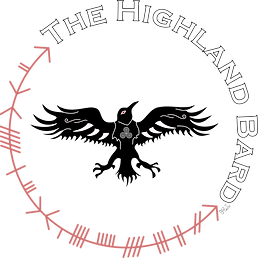The Jacobite risings were a series of uprisings, rebellions, and wars in Great Britain and Ireland occurring between 1688 and 1746. The uprisings had the aim of returning James VII of Scotland and II of England, and later his descendants of the House of Stuart, to the throne of Great Britain after they had been deposed by Parliament during the Glorious Revolution. The series of conflicts takes its name from Jacobitism, from Jacobus, the Latin form of James.
The major Jacobite risings were called the Jacobite rebellions by the ruling governments. The "first Jacobite rebellion" and "second Jacobite rebellion" were known respectively as "the Fifteen" and "the Forty-five", after the years in which they occurred (1715 and 1745).
Although each Jacobite rising had unique features, they were part of a larger series of military campaigns by Jacobites attempting to restore the Stuart kings to the thrones of Scotland and England (and after 1707, Great Britain). James was deposed in 1688 and the thrones were claimed by his daughter Mary II jointly with her husband, the Dutch-born William of Orange (who was also James II's nephew).
After the House of Hanover succeeded to the British throne in 1714, the risings continued, and intensified. They continued until the last Jacobite rebellion ("the Forty-five"), led by Charles Edward Stuart (the Young Pretender), who was soundly defeated at the Battle of Culloden in 1746. This ended any realistic hope of a Stuart restoration.
Source: Wikipedia
Image: King James II of Scotland

